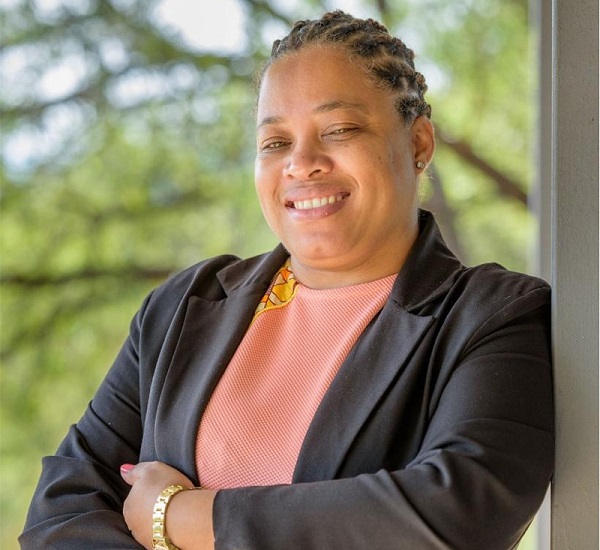As the world struggles with the degeneration of democracy and the increasing political dissatisfaction, human rights activism has never been more important. This was the message delivered by human-rights defender Mary Pais during her recent guest lecture on honouring human rights at the North-West University (NWU). Titled “The State of Human Rights and the Importance of Human Rights Activism in a Time of Democratic Recession”, the lecture explored the critical need for community engagement in safeguarding democracy and fundamental freedoms.
In her lecture, organised by the Faculty of Humanities, Pais emphasised that citizens are increasingly disengaged from political systems, saying this poses a challenge to democratic governance and the core human rights it protects. She called attention to South Africa’s declining voter participation, cautioning that political disengagement weakens accountability and leaves marginalised communities vulnerable. Pais cited the growing inequality, the suppression of civil-society organisations and the lack of press freedom as the alarming signs of this decline.
Pais further highlighted that human rights and democracy are inherently linked – where democracy fails, human rights violations often follow. She also acknowledged the resilience of activism, pointing out the various ways in which individuals and organisations continue to fight for justice.
Pais believes that activism has progressed beyond traditional protests. While public protests remain a powerful tool, she stressed the role of digital advocacy, legal activism and international lobbying in resisting injustice. “We must adapt to the times, and leverage technology, law and global networks to amplify our voices,” she urged.
One major theme for this lecture was the responsibility of citizens defending human rights. Pais stated that activism is not reserved for organisations or policymakers, it is a duty that belongs to all. Every action, whether through voting, supporting human-rights initiatives or speaking out against injustices, strengthens the democratic society.
The lecture concluded with a call to action, urging attendees to be alert and involved. “In times of democratic recession, silence is complicity,” she warned. “Our collective efforts will determine the future of human rights in our country and beyond,” Pais concluded.
Her remarks served as an alarming reminder that human rights and democracy are not guaranteed. They must therefore be actively protected. In a time of increasing political unrest, Mary Pais’s lecture underscored the importance of a renewed commitment to community engagement and advocacy in order to safeguard the fundamental rights of all individuals.

Human rights defender Mary Pais.
